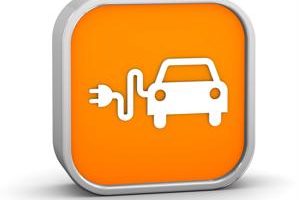
Despite their growing popularity, electric vehicles (EVs) are often considered a pricier alternative to traditional Internal Combustion Engine (ICE) vehicles. It's essential to assess the entire picture, including potential fuel and maintenance savings, before making the switch.
Initial investment and long-term savings
Undeniably, the upfront cost of an EV can be higher than its ICE counterpart. For example, if you're considering an EV priced around $44,000 and a similar ICE vehicle at $28,000, you're initially investing an extra $16,000.
However, there's potential for long-term savings. Driving an EV charged with home solar energy for approximately 24,000 kilometres per year could allow you to recoup that difference within five years. For driving enthusiasts, the fuel and maintenance savings could make the switch worthwhile.
Battery life and replacement costs
One of the chief concerns when it comes to EV ownership is the life and replacement cost of the battery. Yet, typically, manufacturers provide eight-year warranties, commonly assuring that the battery will retain a significant portion of its capacity. So, in the worst-case scenario, after eight years, the battery should still hold sufficient power, typically around 70%, which is adequate for most vehicles.
Replacement costs currently range from $10,000 to $30,000. However, rapid declines in battery prices mean these costs could drop to between $4,000 and $10,000 by 2030, further improving the long-term economics of EV ownership.
There's also a burgeoning second-hand market for EVs. Fleets often turn over their vehicles within three to five years, allowing these used EVs to provide more affordable options for the public.
Should you buy an EV to save on fuel?
The answer depends mainly on your personal circumstances, driving habits and available charging infrastructure. While EVs can potentially offer long-term savings on fuel and maintenance, the high initial cost might still be a hurdle for some consumers. Understanding the whole financial picture is crucial before committing to an EV.
Ultimately, whether you're looking to save money on fuel or are considering other investments to improve your financial health, it's important to assess the implications of your choices based on your current lifestyle needs' and long-term goals.
For additional tips and information on financial wellness and other useful topics, we encourage you to explore our blog.



